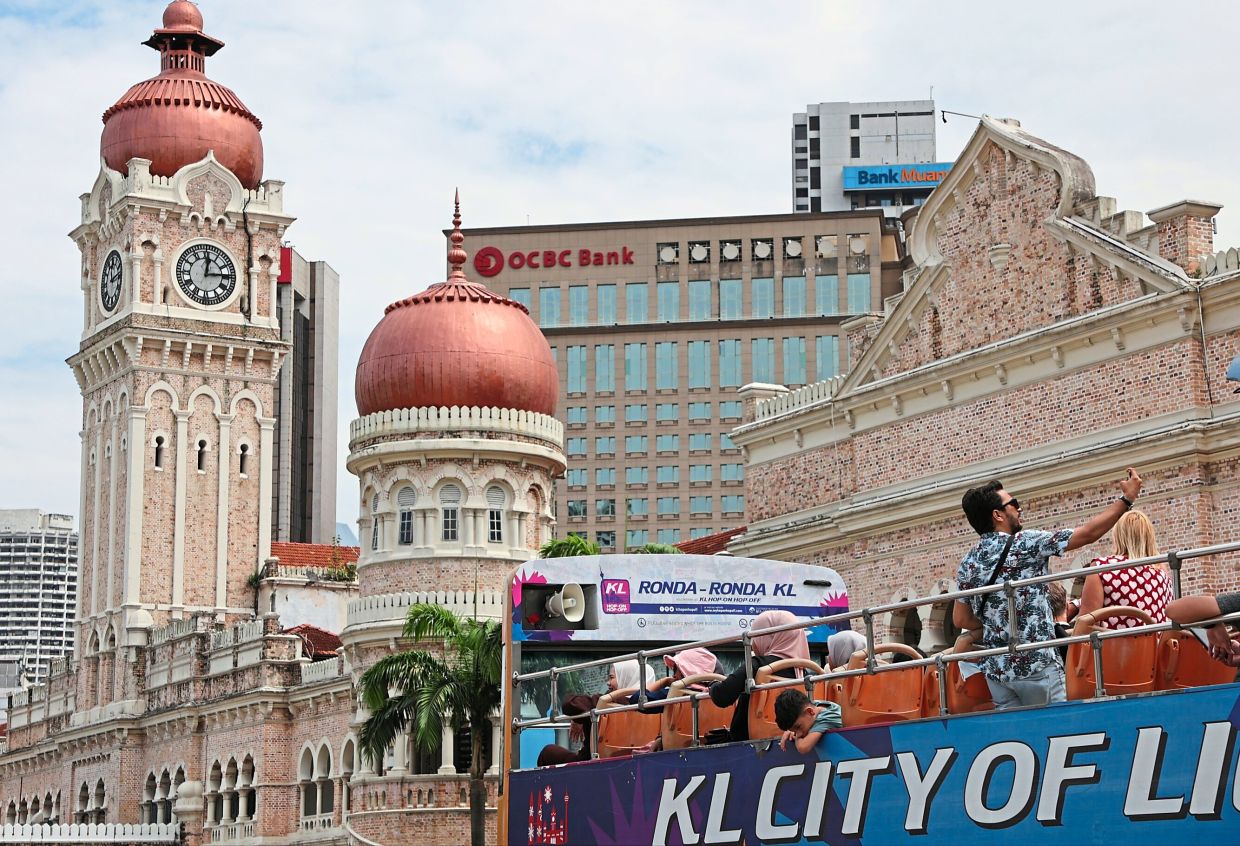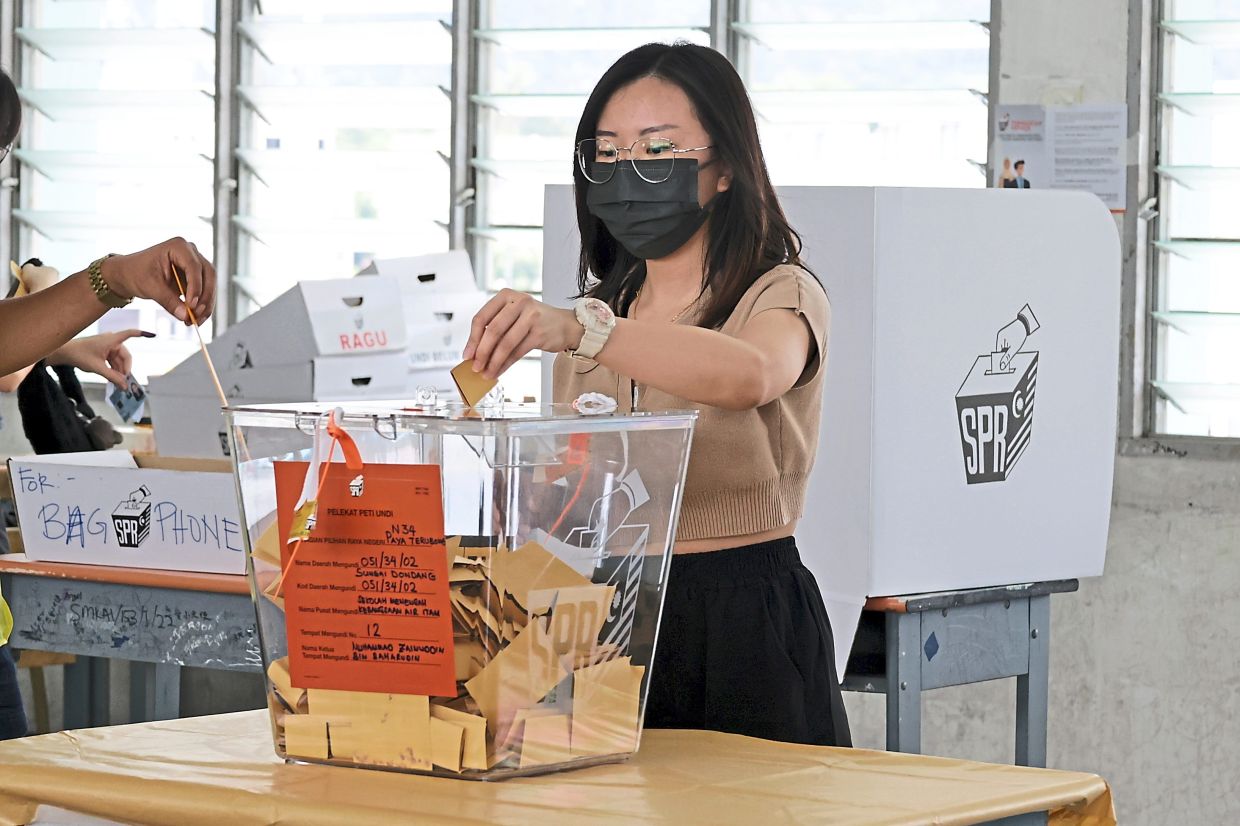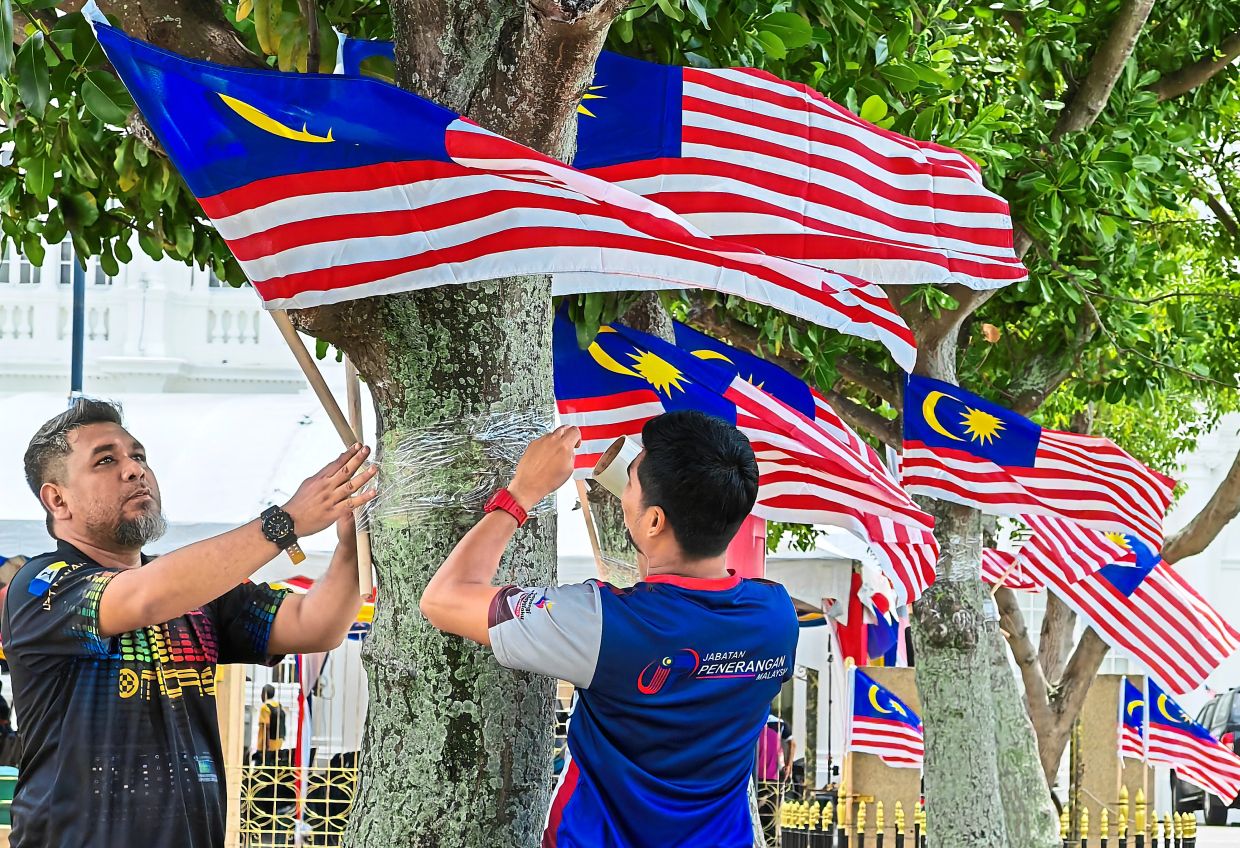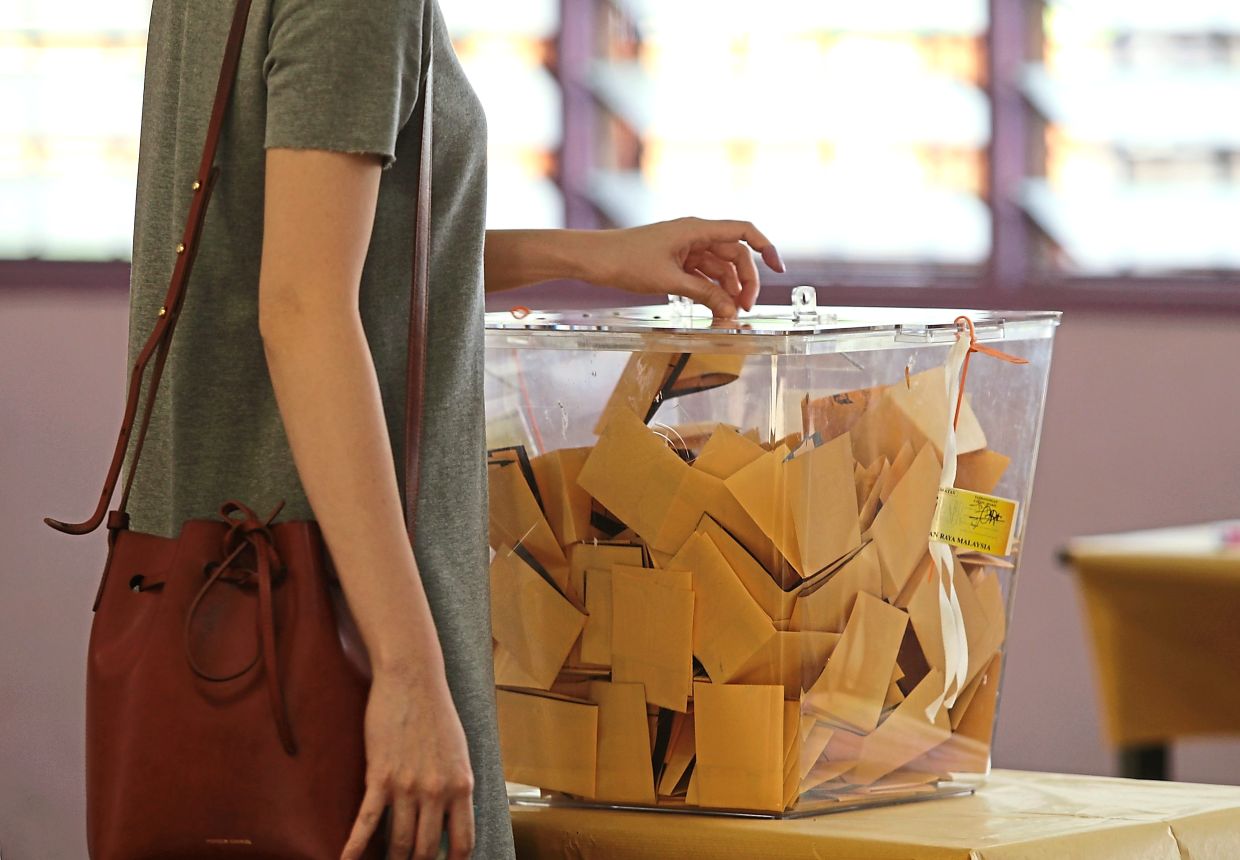
Populated metropolis: Kuala Lumpur is a major international city, and it needs an able MP who knows KL, or the adjacent Selangor, to helm it. — AZMAN GHANI/The Star
IT’S almost certain that the Prime Minister needs to make some changes to the Cabinet line-up.
The only question is, will Datuk Seri Anwar Ibrahim merely fill up a vacancy, move ministers around or even replace one or two?
The Domestic Trade and Cost of Living Minister’s position has been vacant for a month now following the demise of the late Datuk Seri Salahuddin Ayub on July 23.
The position is currently held by Datuk Armizan Mohd Ali, Minister in the Prime Minister’s Department (Sabah, Sarawak Affairs and Special Affairs), but another minister will likely fill that slot.
The names speculated about have included Adly Zahari, Deputy Defence Minister and Alor Gajah Member of Parliament, and former Health Minister and Kuala Selangor MP, Datuk Seri Dzulkefly Ahmad, from Amanah.
When Anwar set up his Cabinet, he took great pains to ensure a smaller line-up, but after nine months, it doesn’t look as easy and practical as it initially did.
For example, Natural Resources, Environment, and Climate Change (NRECC) Minister Nik Nazmi Nik Ahmad must be the Minister with the heaviest workload. From climate change to floods to Malay reserve land, all of these are on his plate. There’s already talk that the PKR MP for Setiawangsa’s tasks could be divided into two ministries.
This is also because NRECC was previously a combination of the Environment and Water Ministry (KASA) and the Energy and Natural Resources Ministry (KeTSA).
Under the previous administration, KASA was led by Datuk Seri Tuan Ibrahim Tuan Man, while KeTSA was led by Datuk Seri Takiyuddin Hassan, both of whom are also PAS MPs.
There’s also speculation that the Federal Territories Ministry will be revived.
The responsibilities are presently shouldered by Anwar, who’s also in charge of the powerful Finance Ministry.
If the FT Ministry is set up again, it would be fair that an MP from Kuala Lumpur or Selangor be asked to head it since they would be most familiar with the issues at hand.
Kuala Lumpur is a major international city, and it needs an able MP who knows KL, or the adjacent Selangor, to helm it.
The city can’t be left to the Datuk Bandar alone to run because it has grown and is certainly the country’s most populated metropolis.
The PM surely can’t devote much of his attention to KL with his massive responsibilities.
Titiwangsa MP Datuk Seri Johari Abdul Ghani is among those presumed to be appointed to a Cabinet position if the PM proceeds with the changes.
It’s no secret that Johari, a self-made millionaire businessman, would be interested in becoming Finance Minister II. The FT Ministry wouldn’t be palatable for him although he’s from KL.
He’s certainly qualified for the FM II position and would be able to assist the PM in steering the country’s economy.
His only obstacles could well be from within his party, Umno, with fellow party leaders seeing such a promotion as a possible challenge to their hold on the party.
Johari, an Umno vice-president, has plenty of financial resources to back him, as well as being the boss of media platforms such as TV3, New Straits Times, Berita Harian and Free Malaysia Today news portal.
He is accessible to the media and confident. His knowledge of business and finance is also unquestionable.
A big question mark hovers over the position of Human Resources Minister V. Sivakumar, who’s still under investigation for alleged corruption relating to the recruitment of migrant workers.
The DAP MP for Batu Gajah has been dogged with various controversies since his appointment. If he’s replaced, the DAP isn’t going to give up the position to another party unless there’s a mutual swap.
Damansara MP Gobind Singh Deo’s name has cropped up, but he had declined a request from Anwar to join the Cabinet line-up because he wants to focus on his job as an MP.
It has also been said that Gobind was not keen to continue as a minister because he faced financial losses when he was the Minister of Communications and Multimedia.
As an experienced and sought-after lawyer, Gobind earns more as a professional.
But facing the current discontentment of the Tamil voters towards the Unity Government, the replacement of a Tamil MP, Sivakumar, with a non-Tamil, would be a burning issue that’s simply too hot to handle.
The Penang DAP is still grappling with the appointment of Jagdeep Singh Deo as the state deputy chief minister II following the dropping of Dr P. Ramasamy as a candidate in the recent state elections.
PKR members, which comprises a big group, would surely be monitoring the appointment since there are apparently no Indian state executive councillors from PKR in Pakatan Harapan controlled states.
It is said that Indians comprises 40% of the membership in PKR and certainly, their representation matters. Many Indian PKR members have been with Anwar even during the Reformasi days.
The geographical representations in the Cabinet have never been an issue in the past but as the election campaigns become more complex, the respective parties in the unity government have started taking greater interest.
The breakdown is as follows – Perak (6 including PM and DPM), Sarawak (5 including DPM 2), Negri Sembilan (2), Selangor (3 including Senator Tengku Datuk Seri Zafrul Aziz and Senator Datuk Dr Mohd Na’im Mokhtar), Kedah (1) Johor (4), FT (4), Sabah (2) and Penang (1).
Tengku Zafrul is the Investment, Trade and Industry Minister while Na’im is the Minister in charge of religious affairs. PKR secretary-general Datuk Seri Saifuddin Nasution Ismail, a Senator, is the Home Affairs Minister from Kedah.
Tengku Zafrul, who failed to get himself elected in last year’s general election, will complete his term as a Senator in around two years.
It would make strategic sense to strengthen the state’s numbers from PKR in the Cabinet given its current demographic, with Selangor as PKR’s most important state, and especially following the hammering by Perikatan Nasional. It’s only fair that Selangor gets a better deal this time.
On paper, a reshuffle looks simple, but that’s far from it. The lobbying has already begun although no one even knows if there will be one. The PM could just fill up a vacancy and leave everything intact.
Dr Mohammad Tawfik Yaakub, Senior Lecturer at the Department of Administrative Studies and Politics, Faculty of Administrative Science, University Malaya, said a Cabinet reshuffle was necessary for the PM to strengthen his administrative machinery.
Another political analyst, Lee Kuok Tiung of Universiti Malaysia Sabah said a Cabinet reshuffle at this juncture wouldn’t help the PM win over the Malay support lost at the elections in six states.
“In fact, it is likely to cause disharmony among the component parties of the unity government when it comes to who, or which ministry should be replaced,” he was quoted, saying Anwar would then have new problems to tackle.
It doesn’t look like a reshuffle will take place soon but possibly after the Pulai by-election on Sept 9.
The priority now is to retain that parliamentary seat as well as the Simpang Jerai seat, which is said to be challenging for Amanah to retain against a strong PAS challenge for Perikatan.









